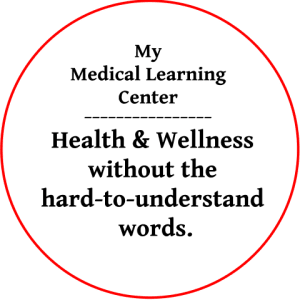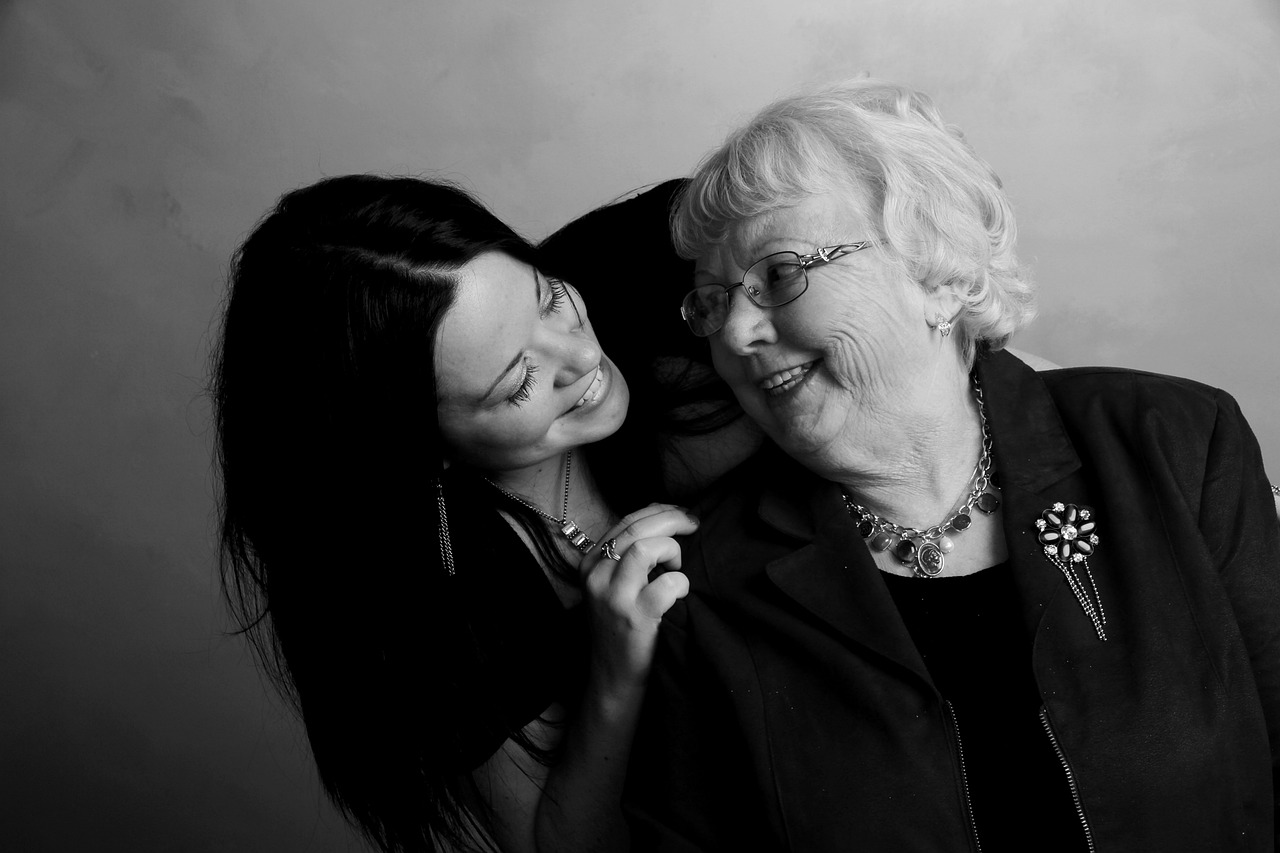Alzheimer’s disease presents unique challenges for families and caregivers. Providing care can become a more manageable journey with empathy, structure, and the right strategies.
When a loved one is diagnosed with Alzheimer’s, it’s not the end—it’s a new chapter requiring patience and compassion. The disease affects memory and behavior, but with thoughtful care, families can maintain a meaningful connection and provide support.
Managing Daily Care.
- Medication Management: While drugs can’t cure Alzheimer’s, they may slow its progression and ease symptoms. Family members or hired caregivers can assist with proper administration.
- Professional Help: If care becomes overwhelming, consider enlisting the help of trained caregivers.
Enhancing Communication.
Communication evolves as the disease progresses.
- Use visual aids like photo cards with names to prompt memory.
- Maintain eye contact and speak clearly, using simple phrases.
- Regular, patient interaction is key to fostering connection.
Creating a Safe and Comfortable Home.
A familiar environment can provide comfort and reduce confusion.
- Safety First: Declutter the home to prevent falls and secure doors to prevent wandering. Consider identification bracelets for added security.
- Routine Maintenance: Establish a predictable daily schedule to ease anxiety.
Managing Restlessness and Evening Agitation.
- Encourage calming activities like gentle walks, quiet chores, or watching TV to reduce evening restlessness.
- Promote moderate physical activity during the day, such as light exercises or strolls, to improve overall well-being.
Seeking Emotional and Practical Support.
Caregiving can be physically and emotionally taxing.
- Support Groups: Join caregiver communities to share experiences, gain insights, and find encouragement.
- Self-Care: Take time for personal breaks to maintain your own health and energy.
Navigating Alzheimer’s with Compassion.
Caring for someone with Alzheimer’s is undeniably challenging, but with the right tools, patience, and support, it’s possible to make the journey more fulfilling for both the caregiver and the patient. Embrace each day with understanding and lean on available resources to lighten the load.





